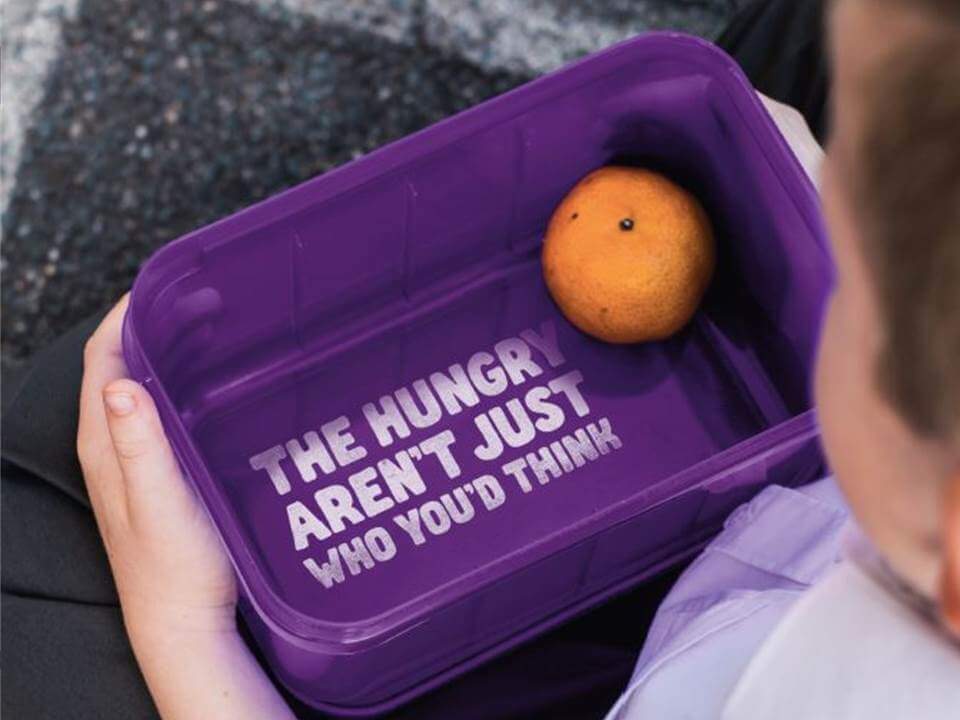The issue of food insecurity has intensified in Australia, with 3.7 million households grappling with insufficient food in the past year, marking an increase of nearly 350,000 from the prior year, according to Foodbank's latest hunger report.

The study, which surveyed 4,342 individuals in July, disclosed that out of these households, over 2.3 million were "deeply affected by food scarcity." These families were either cutting down on their meals, missing them altogether, or even abstaining from food for complete days. The study highlighted a distressing rise of about 383,000 households from 2022 that now find it challenging to afford basic meals.
The primary reason for this alarming food insecurity, as cited by 77% of households, was the escalating cost of living—a significant jump from 64% in 2022. Other notable causes included low wages and insufficient social welfare benefits, with 42% identifying them as contributing factors.
Brianna Casey, CEO of Foodbank Australia, described the situation as a "food security emergency." She remarked, “For a whopping 77% of those facing food insecurity, this is their first encounter with such a challenge." Casey noted a trend where the affected group tends to be younger, falls in the mid to high income bracket, and is typically employed.
Although the count of households with persistent food insecurity stayed around 750,000, there was a notable shift in purchasing behaviours. Nearly half of those surveyed said they've cut down on buying fresh produce and proteins, a change that might lead to adverse health outcomes.
Casey expressed concerns about the future, predicting that if the current trajectory persists, by the close of 2023, half of all Australians might experience some form of difficulty in securing food.
She emphasized the gravity of the current economic challenges, stating, "Now, individuals require almost two full-time job equivalents to manage expenses that previously could be covered by a single job."








